Reimagining Education: A Personal Vision for Real-World Learning
education
engagement
educational content
6 min
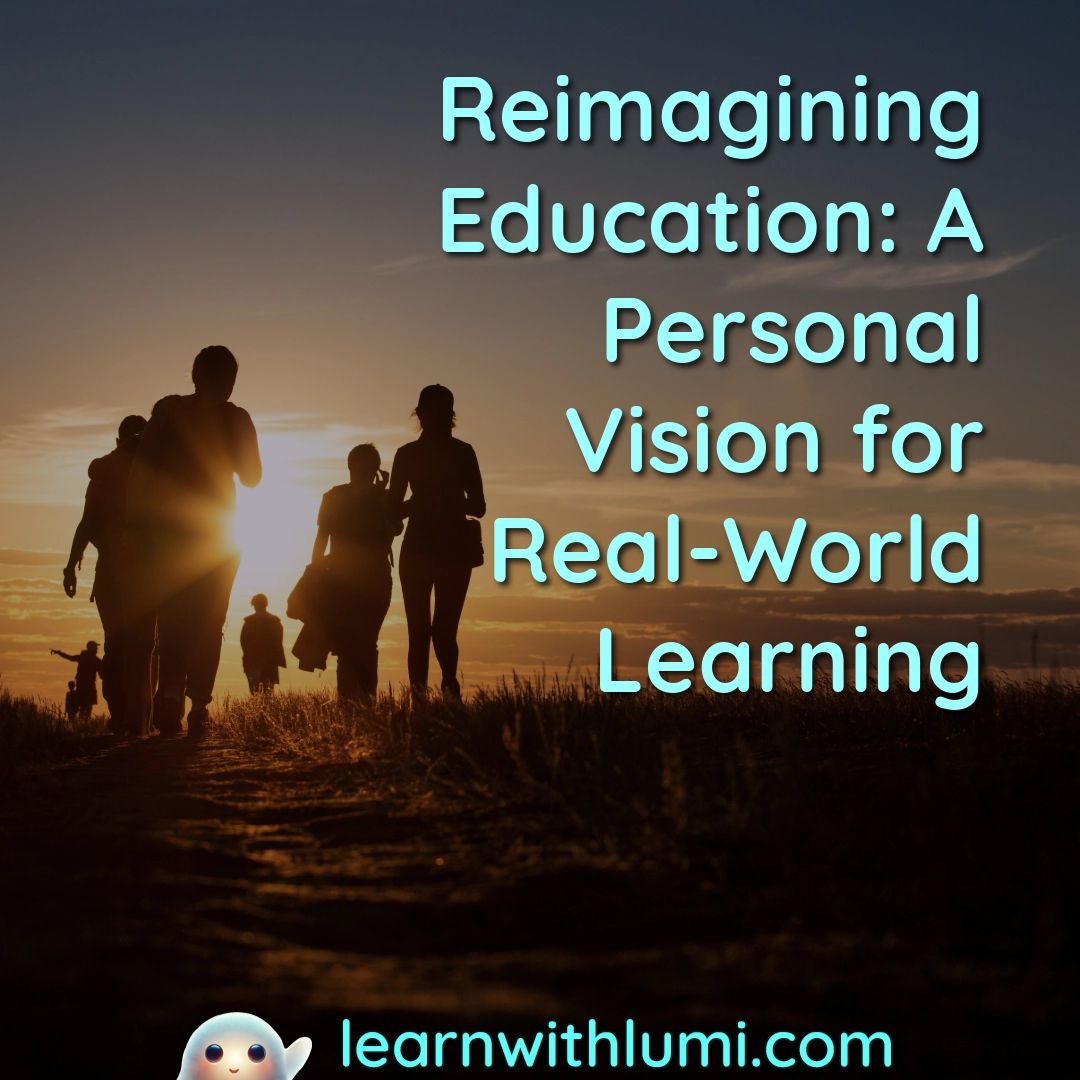
Traditional education often fails to connect classroom learning with real-world applications. This article proposes three approaches to make education more relevant: enhancing textbooks with works by industry professionals; breaking subjects into practical modules; and using engaging contexts (like medieval Japan for grammar) to make concepts relatable. Implementation involves partnerships with authors, publishers, and digital content creators, where platforms like Learn with Lumi transform books and videos into interactive experiences that complement textbook content. The result: students gain meaningful knowledge that bridges theory and practice, while education becomes as exciting as life itself.
Reimagining Education: A Personal Vision for Real-World Learning
A Conversation Worth Having
I've often wondered why so many students feel disconnected from what they are being taught in school. Traditional education, despite its good intentions, sometimes fails to bridge the gap between theory and real life. Students sense when content doesn't reflect the world they see around them, leading to disengagement or even disillusionment. But what if education could feel genuinely meaningful—not just theoretically important, but truly connected to the lives students live and the futures they envision?
A Deeper Philosophy of Learning
At its heart, this model is about relevance. I believe that real understanding blossoms when students clearly see how classroom learning ties directly to real-world applications and professional practices. Instead of memorizing disconnected facts, they begin building meaningful insights and skills that stick with them because they matter.
When students see themselves in what they're learning, genuine curiosity takes hold. Suddenly, learning isn't just a requirement—it's something worth exploring, questioning, and discussing deeply.
Exploring Core Components
Real-World Literature: Making Learning Personal
Combining traditional textbook approaches with real-world sources doesn't mean abandoning academic rigor; it means enriching it. When students engage with standard curriculum materials alongside the thoughts, experiences, and insights of industry professionals and subject matter experts, they gain a more holistic understanding. This integrated approach makes learning feel less abstract by grounding theoretical concepts firmly in the realities students will face beyond the classroom walls. Rather than replacing textbooks, we're enhancing them with contextual, real-world perspectives that bring the material to life.
The advantages of this approach are clear:
- Students feel personally connected to the material because it reflects current issues and real-life scenarios.
- Conversations become deeper, guided by authentic stories and firsthand experiences.
- Motivation naturally follows when students realize the relevance of what they're learning to their own lives and aspirations.
Innovative educational platforms like Learn with Lumi can help facilitate this approach by transforming substantial books written by industry experts into interactive learning experiences, allowing virtually any quality book to serve as educational material.
Modular Learning: Simplifying Complexity
Complexity isn't inherently overwhelming, but it becomes so when presented without clear structure. By breaking subjects into focused, manageable modules, students find themselves on steadier ground. Each module isn't just another lesson; it's a step towards understanding a bigger picture, one carefully designed to showcase practical uses of theoretical knowledge.
Benefits are tangible:
- Immediate application reinforces learning, making retention more intuitive.
- Flexible pacing and tailored experiences accommodate diverse student needs.
- Students feel empowered and confident as they navigate through each clear, manageable segment.
Thematic Learning: Connecting the Dots
Imagine studying grammar through the lens of medieval Japan or exploring scientific principles by tackling today's most pressing environmental challenges. Thematic lenses transform learning into an adventure, inviting students to see connections they might have otherwise missed.
For instance:
- Language Arts becomes storytelling, a journey through historical narratives or technology-infused projects.
- Science emerges through real-world breakthroughs— medical, environmental, or technological.
- Social Studies takes shape through themes like cultural explorations, sustainability, global citizenship, or ethical decision-making.
This approach gently weaves an interdisciplinary tapestry, creating natural bridges between different areas of knowledge. It makes abstract concepts feel more approachable and relevant.
Making it Real: Implementation Strategies
Building Authentic Partnerships
Partnerships with authors and publishers aren't merely transactional—they're transformative. Through innovative educational approaches supported by platforms like Learn with Lumi, virtually any substantial and valuable book can be elevated into an educational resource. This approach creates a powerful ecosystem where:
- Authors and publishers gain dedicated readership as students are directed to purchase specific books that form the foundation of their learning modules
- Students engage deeply with expert knowledge rather than generic textbook content
- Learning becomes interactive and applicable as AI-driven tools transform static text into dynamic activities, quizzes, discussions, and projects
- A new relationship with reading emerges as students discover that meaningful books exist beyond traditional textbooks
For example, psychology students might explore behavior analysis through works written by practicing clinicians rather than relying solely on traditional textbooks. This model redirects students from mere passive consumption of standardized textbooks toward active engagement with diverse, expert voices, encouraging them to explore bookstores, discover new authors, and develop genuine reading habits that extend beyond academic requirements.
Leveraging Digital Content Creators
Beyond traditional publishing, today's educational landscape is rich with expert knowledge shared through digital platforms. Educational content creators on YouTube, podcasts, and other media channels offer unique perspectives and engaging explanations that can significantly enhance classroom learning. These creators—many of whom are industry professionals, scientists, historians, and subject matter experts—often present complex topics with remarkable clarity and enthusiasm.
Platforms like Learn with Lumi can curate and transform this digital content into structured educational experiences by:
- Identifying high-quality educational content from respected creators who demonstrate deep subject expertise
- Developing interactive activities that build upon concepts presented in videos or podcasts
- Creating assessment opportunities that test comprehension and application of digitally presented material
- Providing contextual frameworks that connect digital content to textbook concepts and academic standards
For example, a physics module might combine textbook principles with selected videos from renowned physicists who demonstrate real-world applications. Students might watch an engineer apply fluid dynamics principles to solve a real engineering challenge, then work through guided exercises that connect these practical demonstrations to their textbook's theoretical explanations.
This approach recognizes that many students already turn to these platforms when struggling with concepts—but now, rather than random searching, they engage with carefully selected content that complements their curriculum. By partnering with these digital creators, we acknowledge their valuable contribution to education while ensuring their content is presented within appropriate educational frameworks.
Thoughtful Conversations and Collaborative Change
Any meaningful shift requires thoughtful conversations with stakeholders—teachers, administrators, and curriculum developers. It's important to approach these conversations openly, presenting clear evidence of improved student outcomes while acknowledging and respecting existing educational practices. Through transparency, feedback, and demonstration of successful pilots, a natural path emerges toward widespread adoption.
Educational technology solutions like Learn with Lumi can help bridge the gap between vision and implementation by providing the infrastructure needed to deliver personalized, engaging learning experiences while meeting established educational standards.
Imagining the Impact
Ultimately, adopting this Real-World Education Model isn't just about changing curricula—it's about transforming students' relationship with learning itself:
- Students gain confidence and enthusiasm because they clearly see the relevance of their education.
- Teachers rediscover the joy of facilitating deeply engaging, personally meaningful experiences.
- Centers of education strengthen their role as innovative, responsive institutions that genuinely prepare students for life beyond their walls.
I believe deeply that education should feel as exciting, meaningful, and expansive as life itself. By integrating real-world relevance, clear modularity, and compelling thematic lenses—while drawing from diverse sources including books, digital media, and expert voices—we create spaces where students don't just learn—they thrive. And with tools like Learn with Lumi that offer AI-driven personalization, support for diverse learning needs, and interactive features that bring abstract concepts to life, this vision is increasingly within reach.
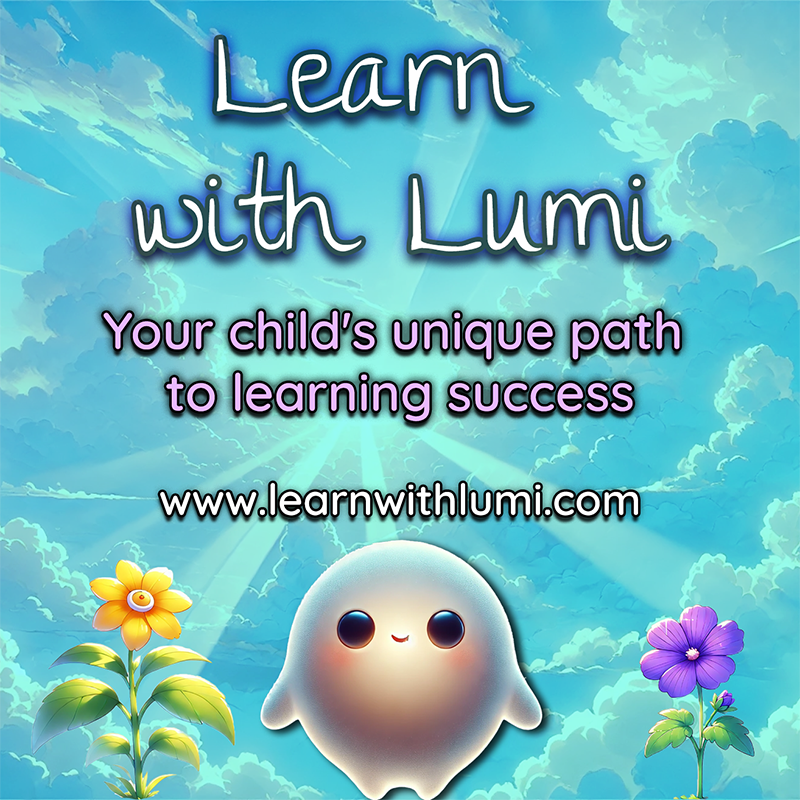
Learn with Lumi is a super-powered educational platform perfect for complete curriculum implementation or targeted learning enrichment. Developed by DarkViolet.ai, this versatile platform delivers personalized instruction that adapts to each student's needs and sets higher academic standards through customized learning paths, interactive lessons, and comprehensive progress tracking.
Discover how Learn with Lumi can transform your educational experience.
More Articles
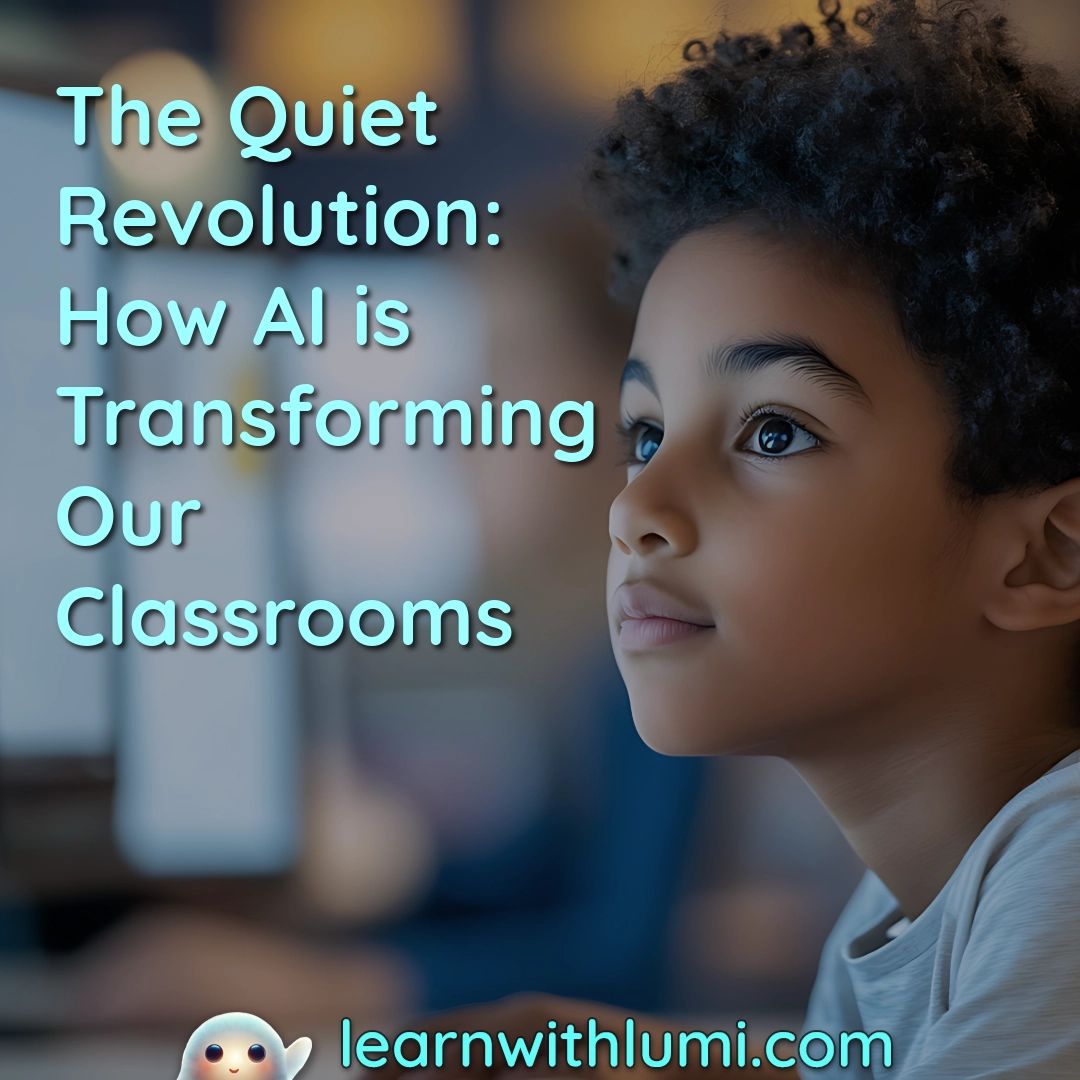
The Quiet Revolution: How AI is Transforming Our Classrooms
5 min read
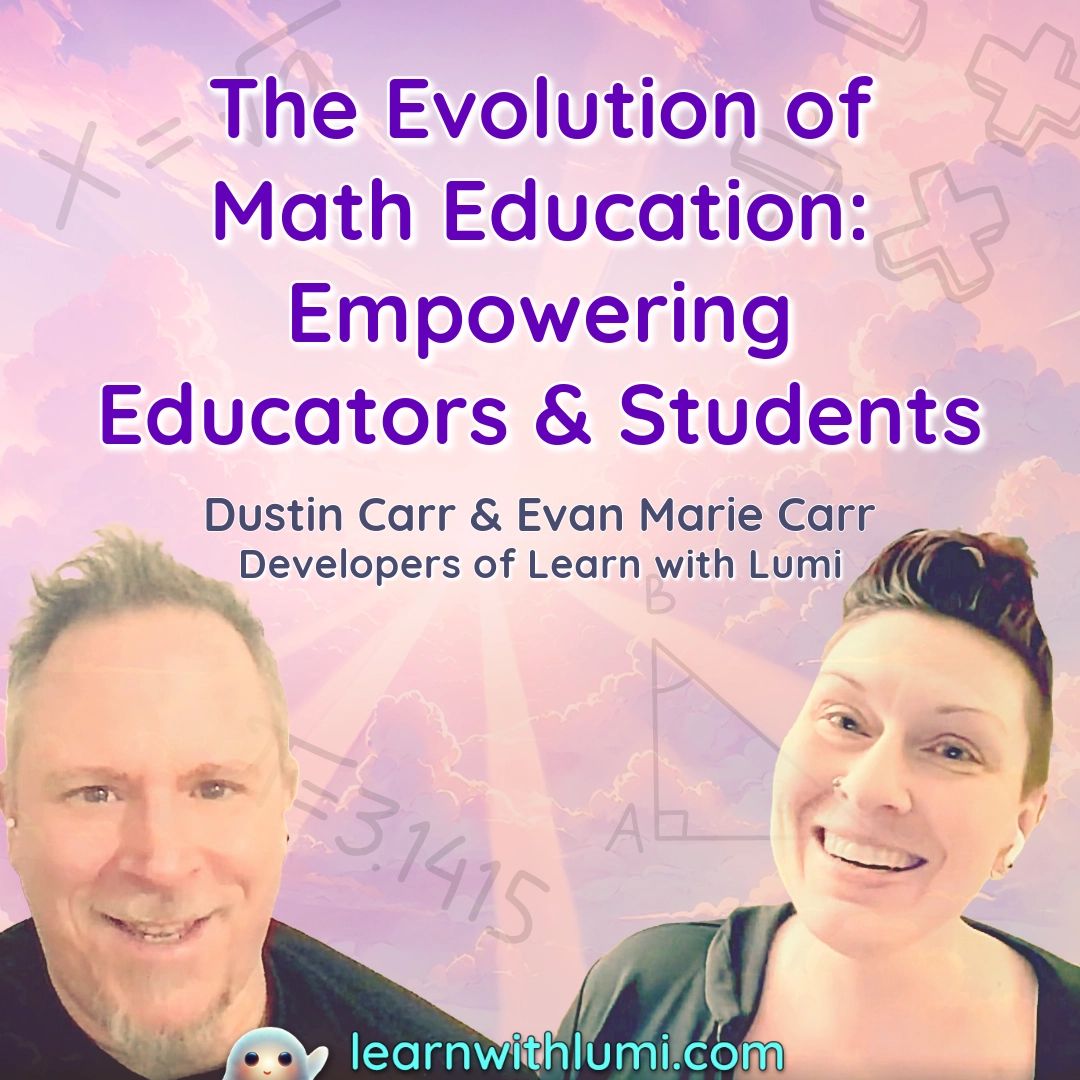
Empowering Teachers Through AI-Enhanced Education
12 min read
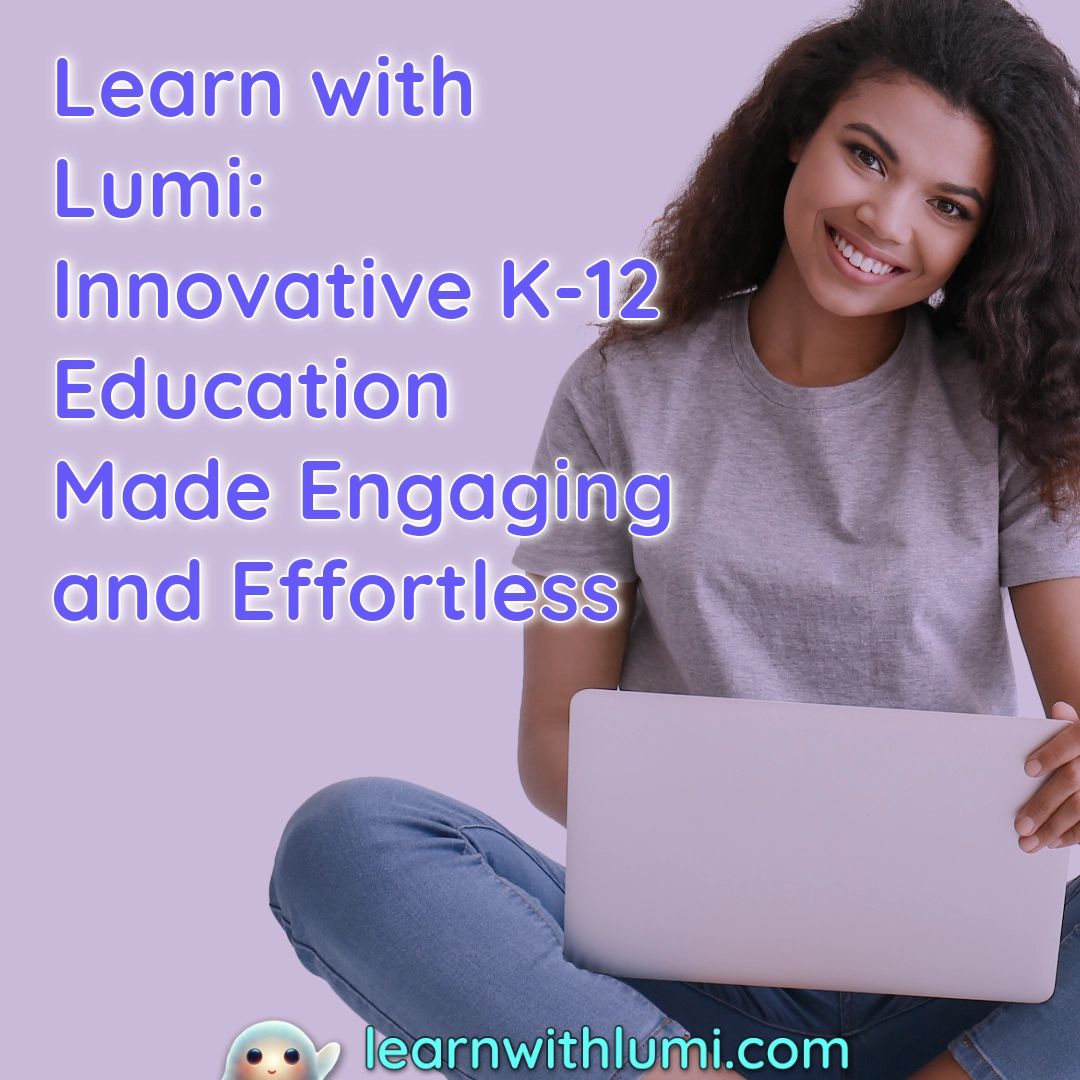
Learn with Lumi: Innovative K-12 Education Made Engaging and Effortless
11 min read
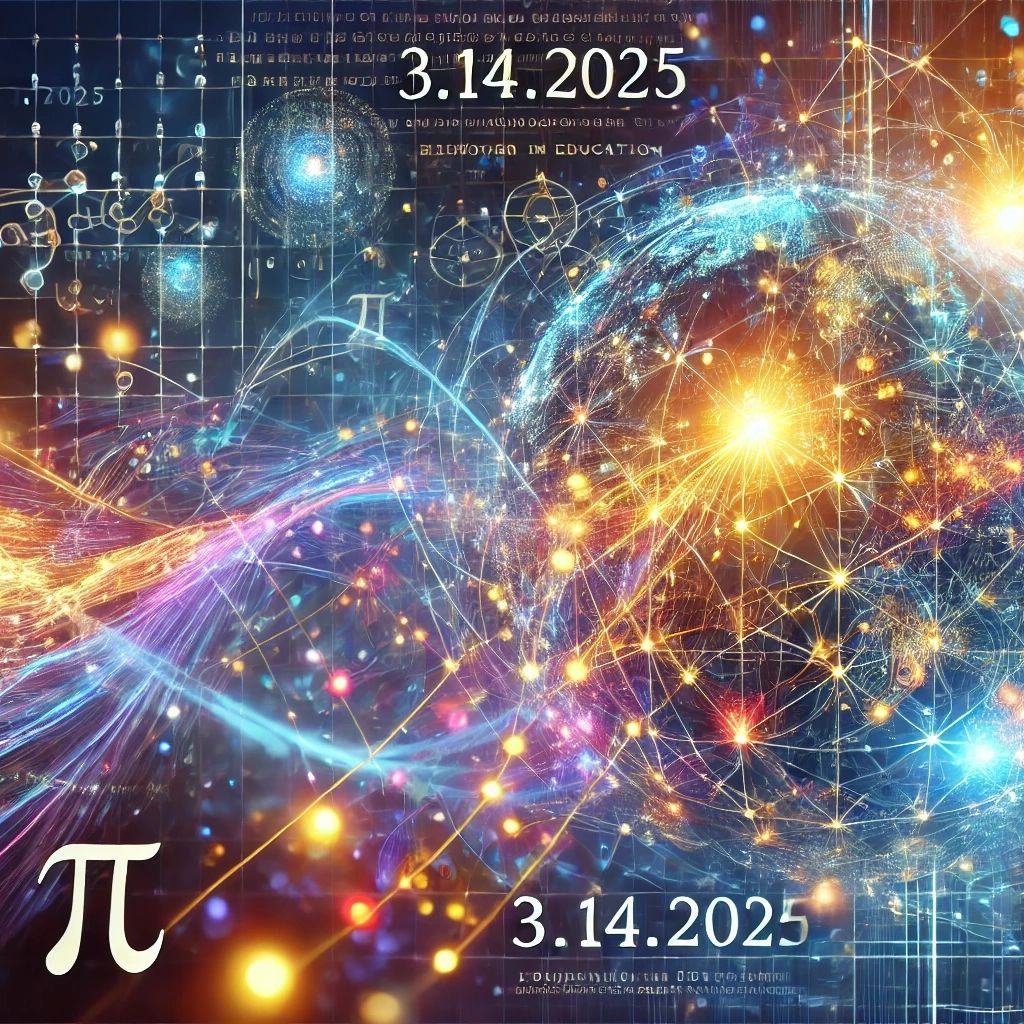
Transformative Impact of AI on Educational Landscapes
8 min read

Homeschool Laws in the United States: An In-Depth Guide
12 min read
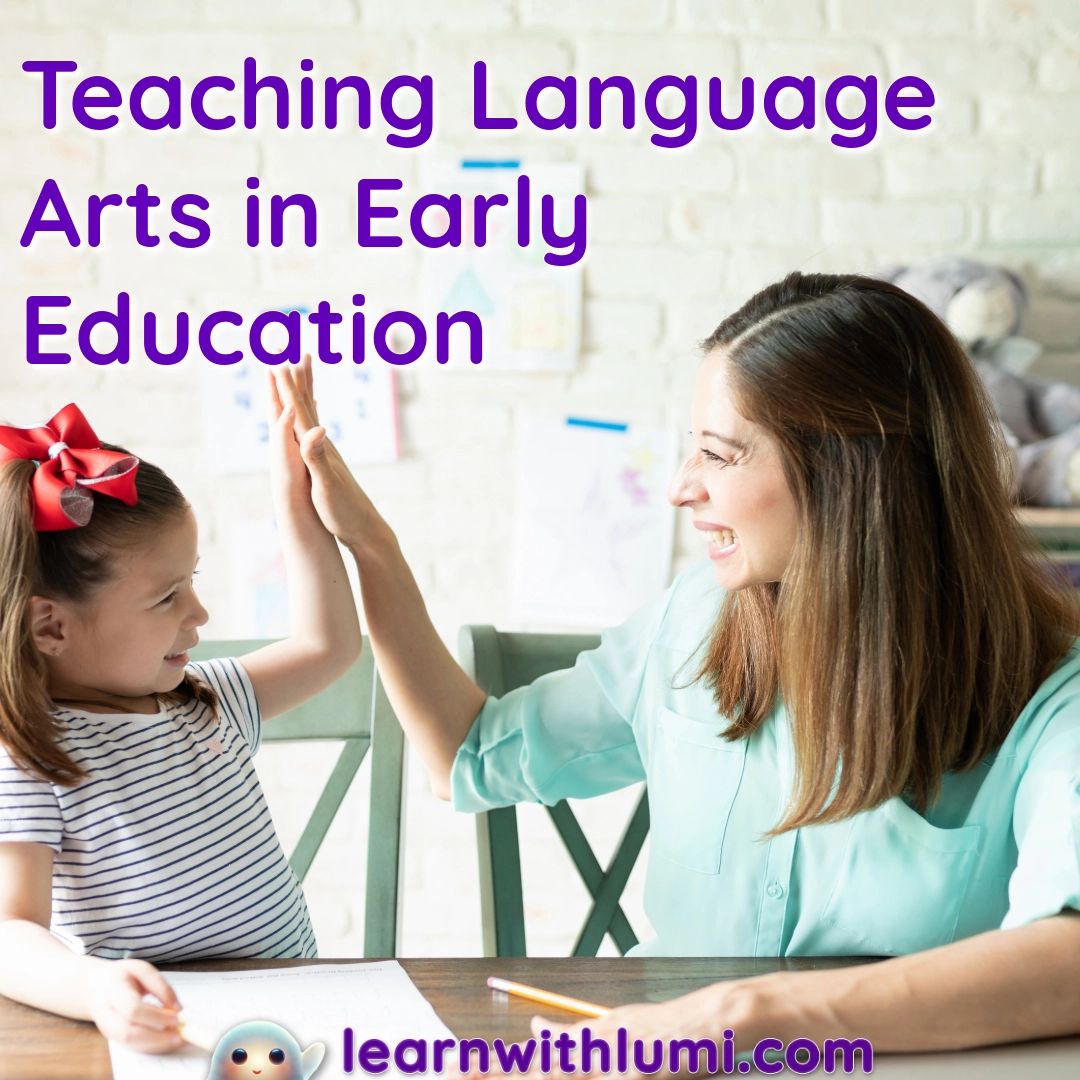
Teaching Language Arts in Early Education
15 min read
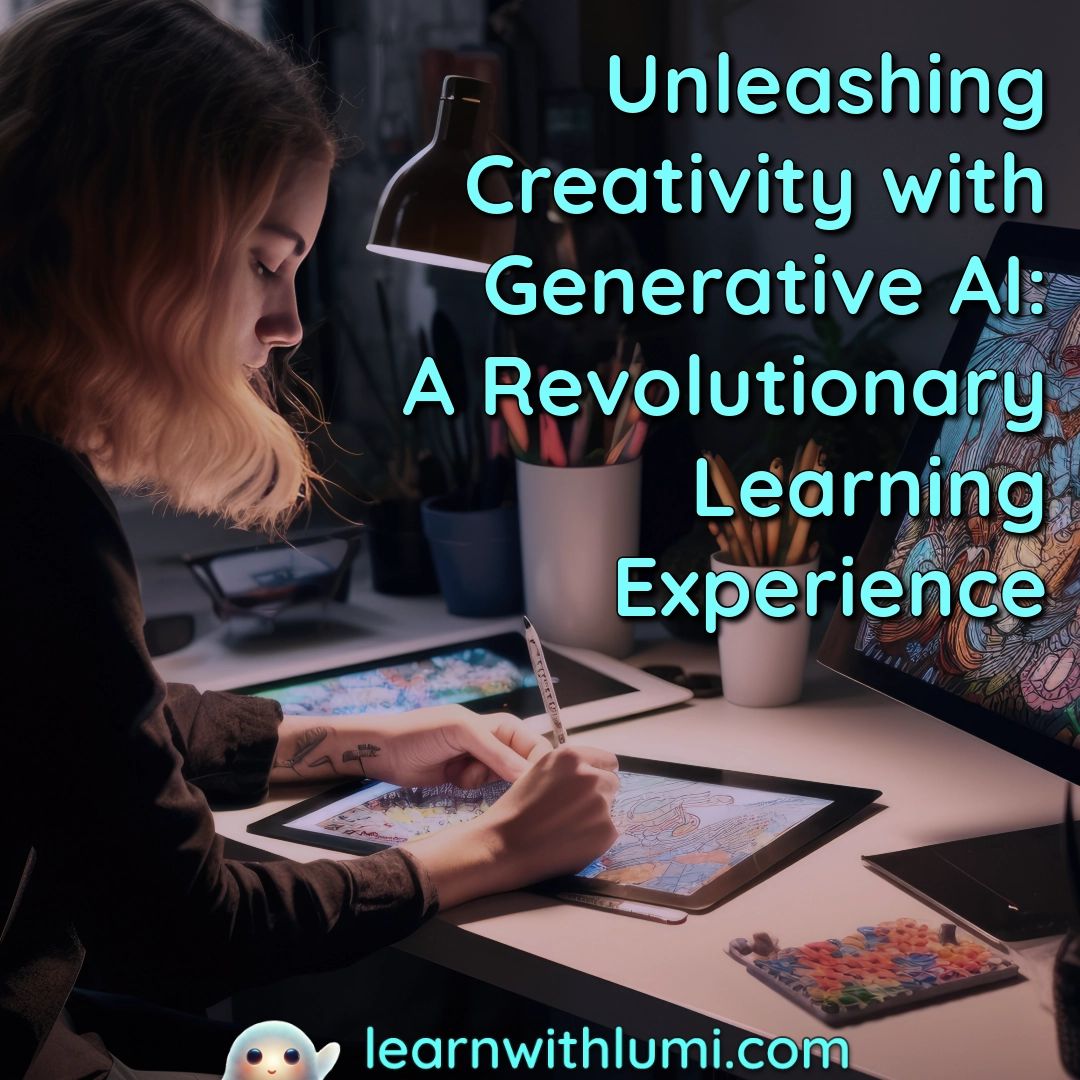
Unleashing Creativity with Generative AI: A Revolutionary Learning Experience
5 min read
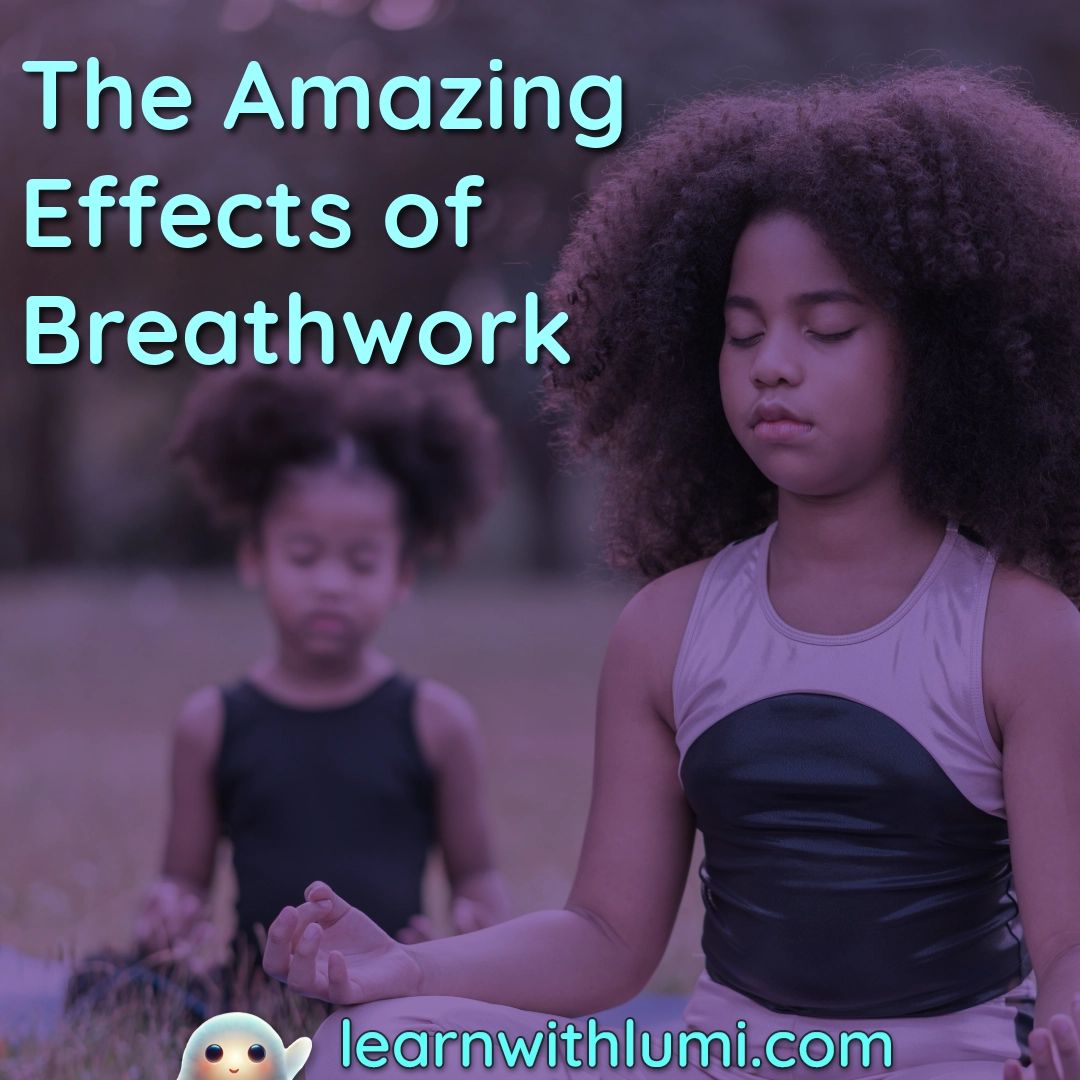
The Amazing Effects of Breathwork
10 min read
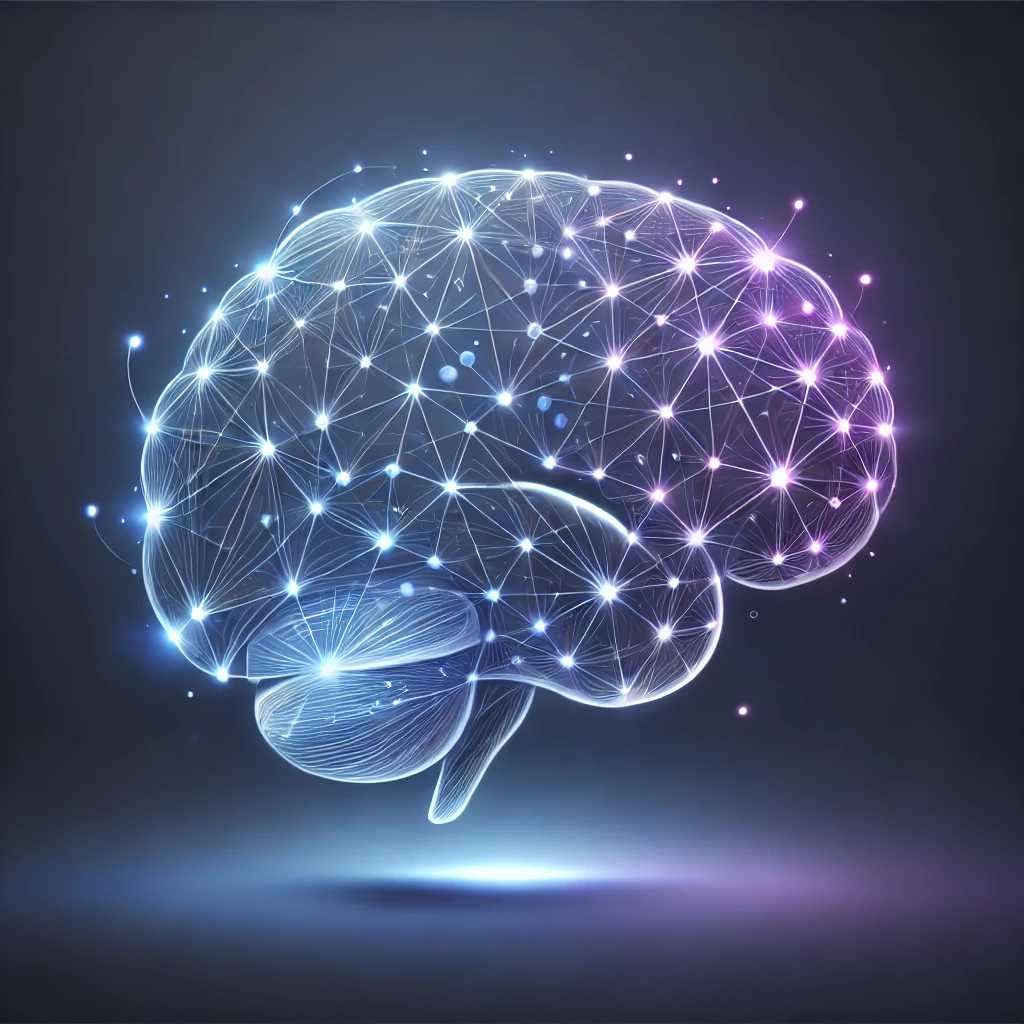
Why Understanding LLMs is Essential for Today's Students
11 min read
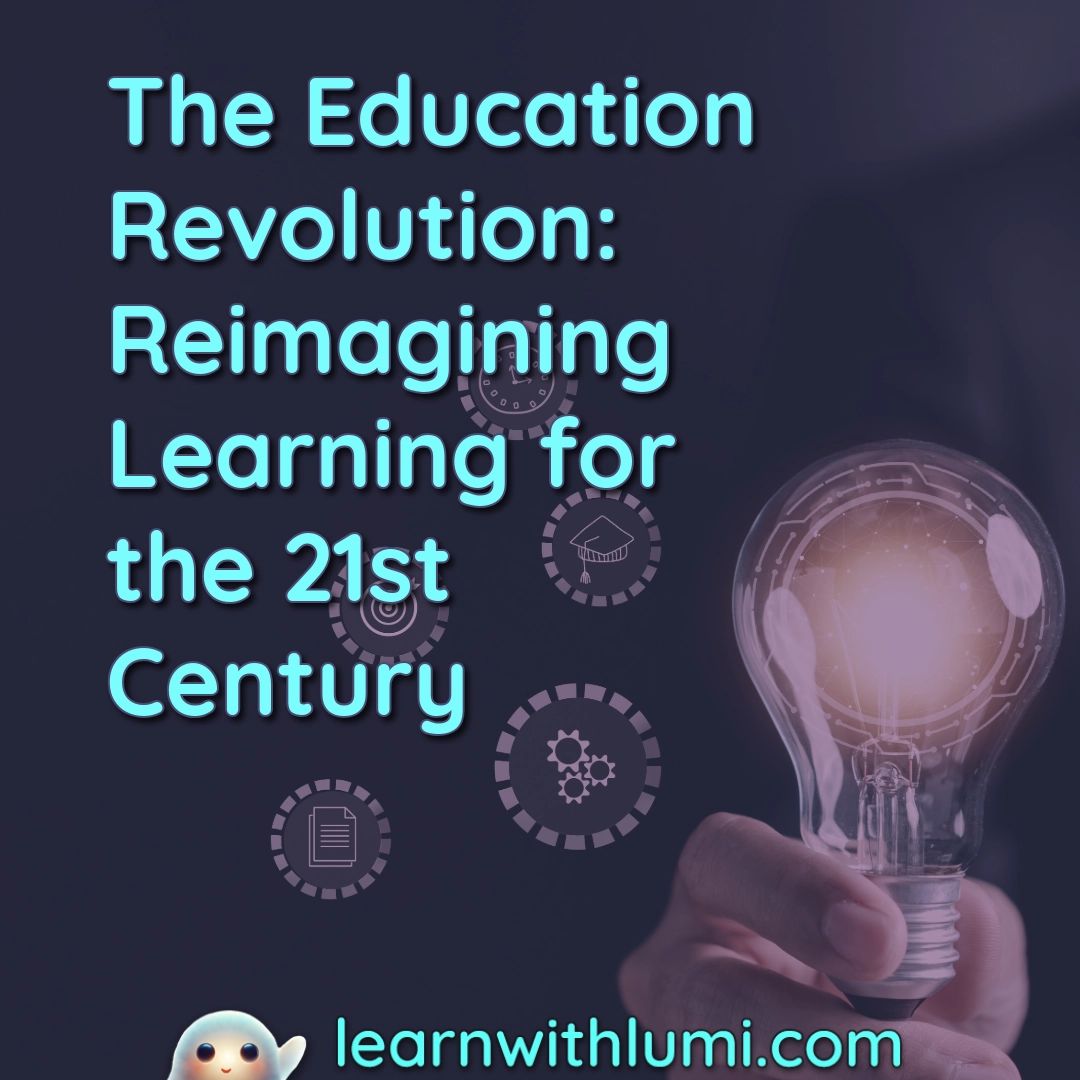
The Education Revolution: Reimagining Learning for the 21st Century
8 min read
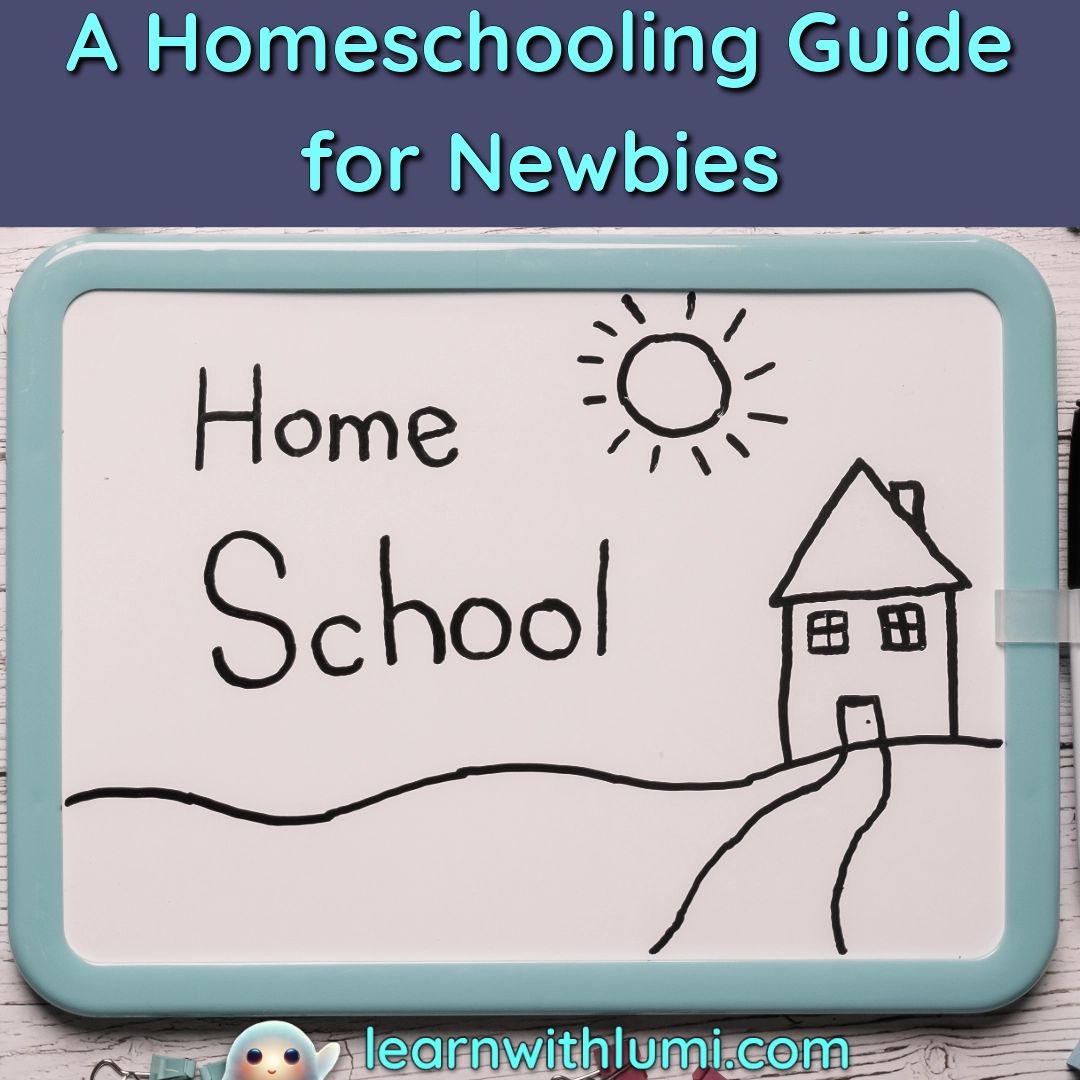
A Homeschooling Guide for Newbies
9 min read
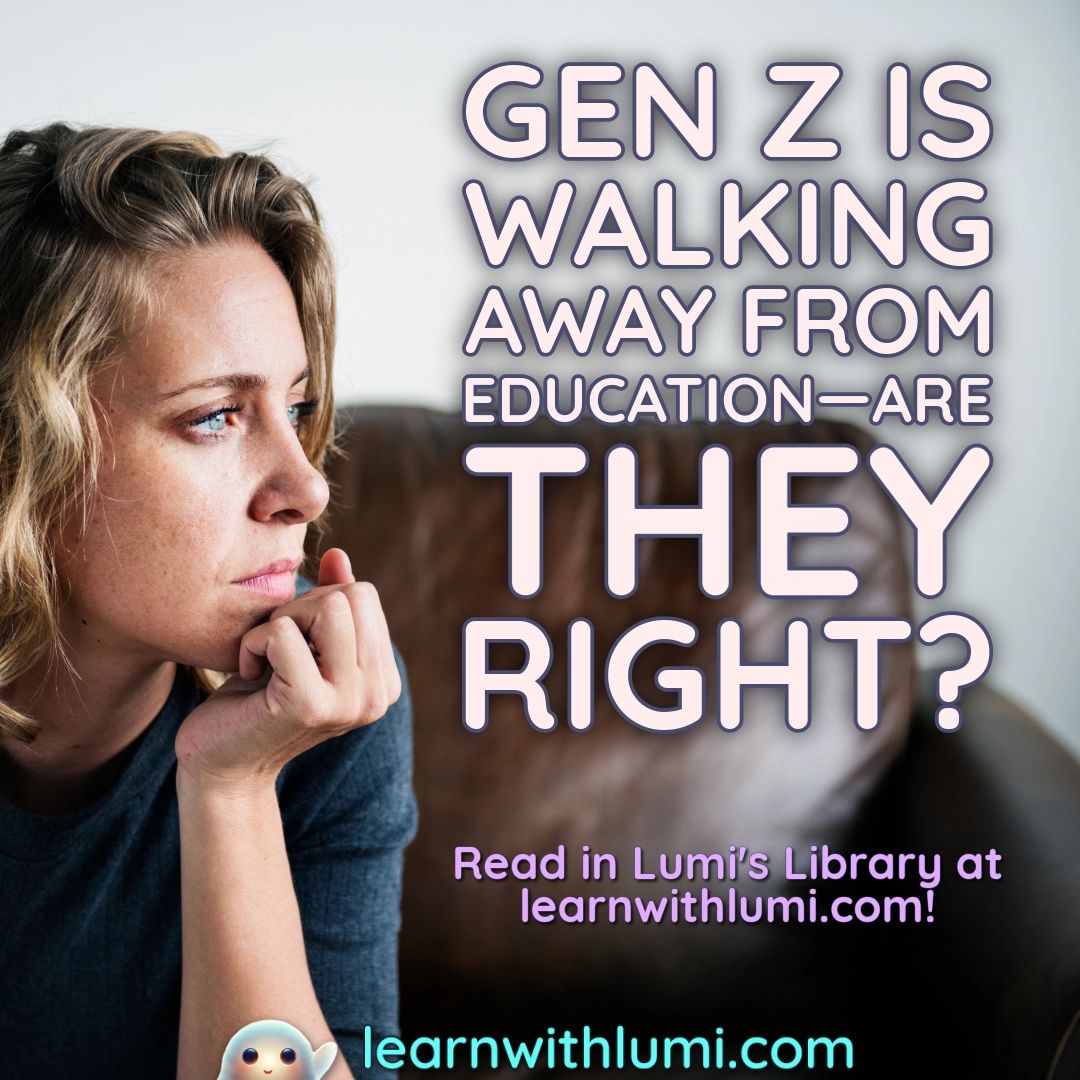
Gen Z Is Walking Away from Education—Are They Right?
8 min read
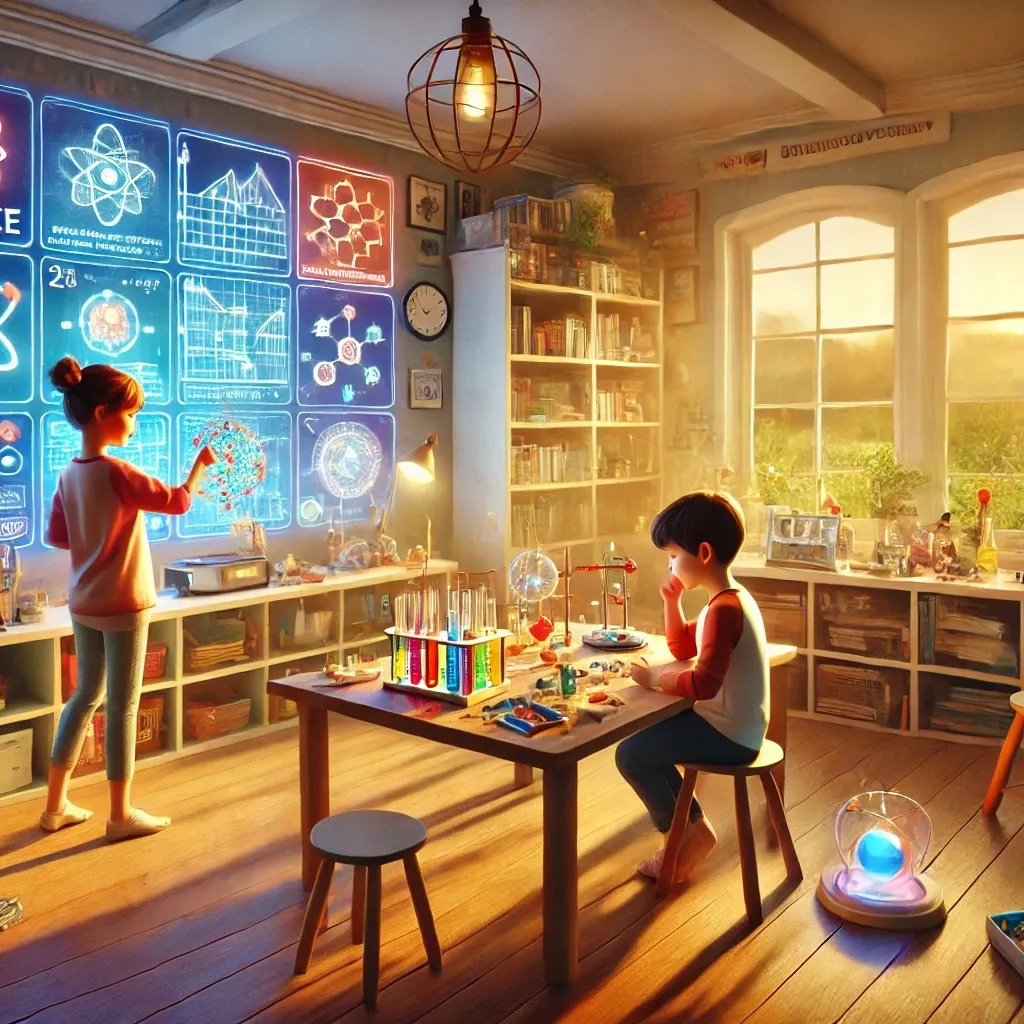
Homeschooling and Independent Learning STEM
9 min read

A Literacy Renaissance: What the Mississippi Miracle Teaches Us About Reading, Research, and Renewal
5 min read
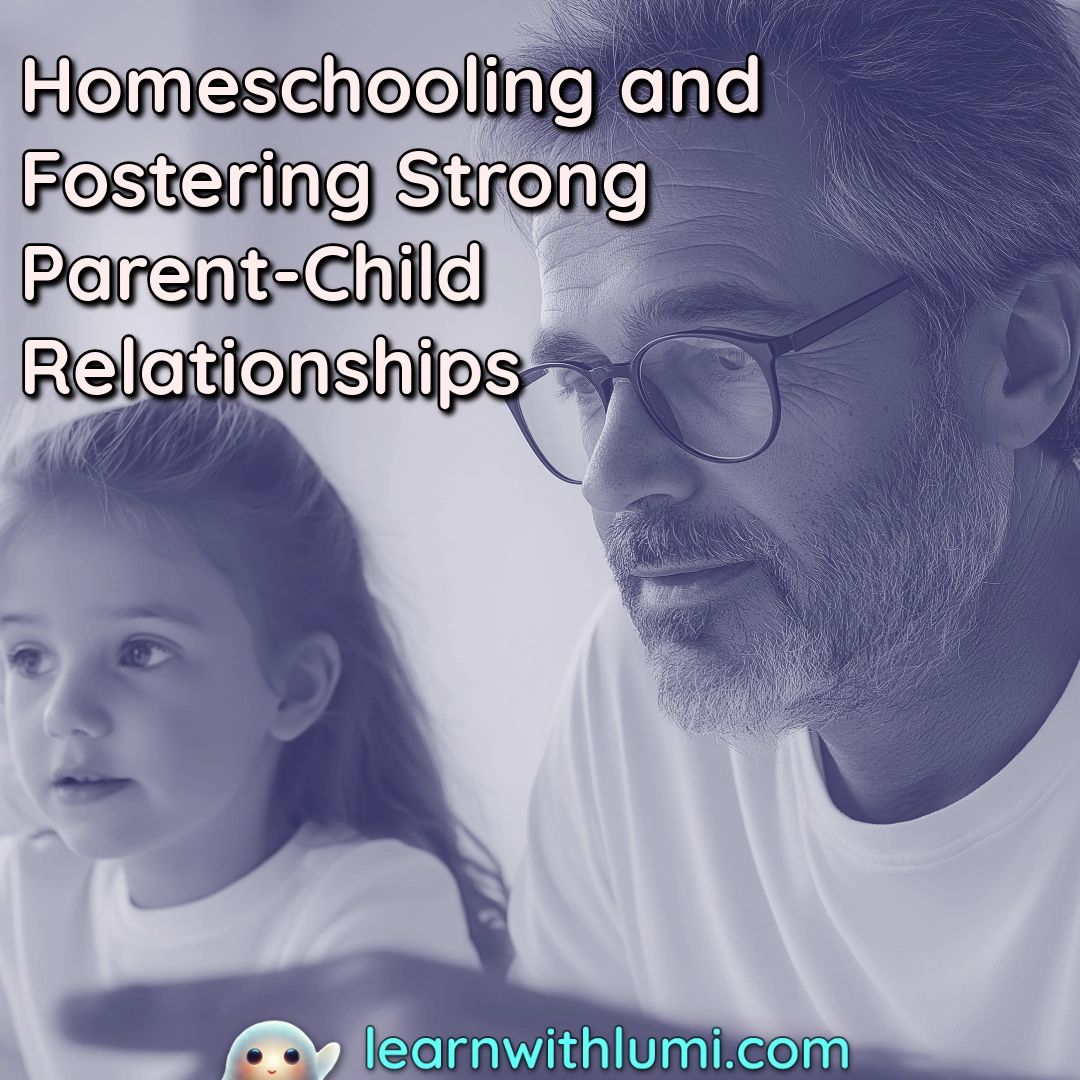
Homeschooling and Fostering Strong Parent-Child Relationships
7 min read
